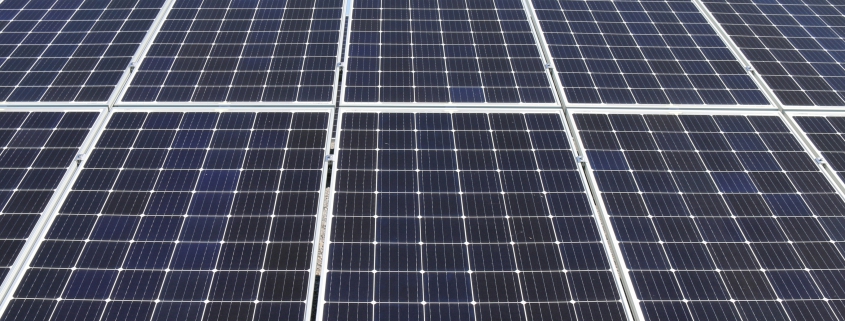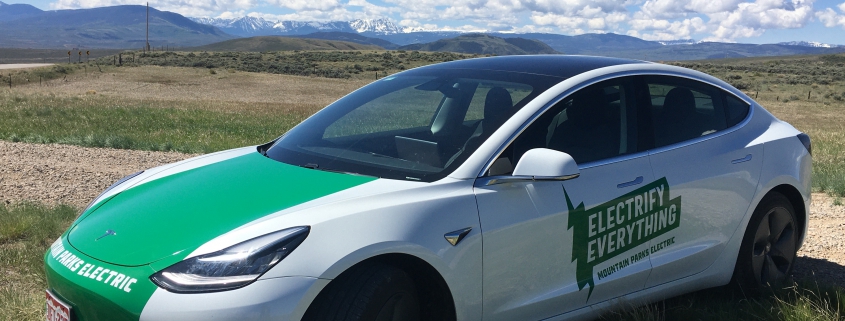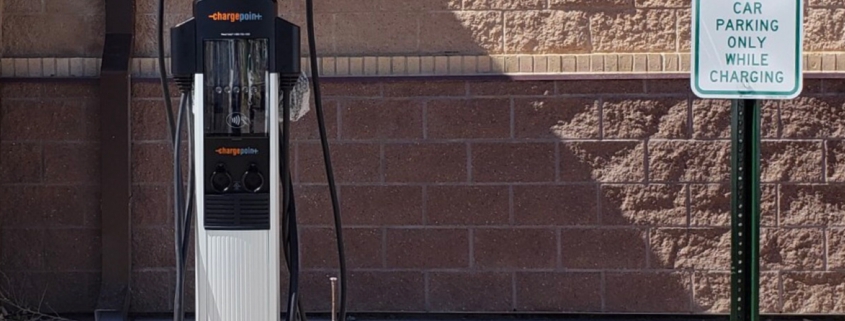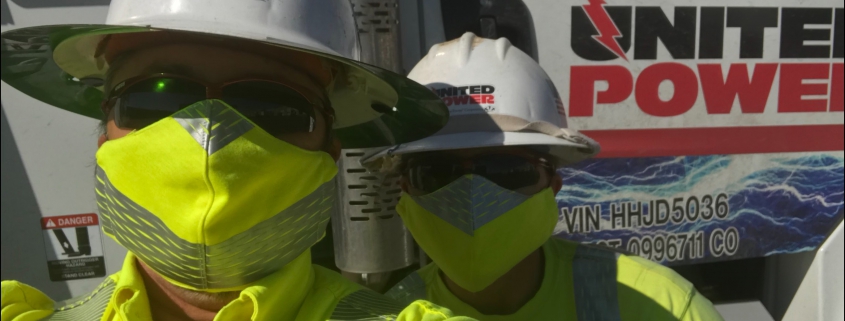Solar Leads Future Co-op Growth
Electric cooperatives will see an acceleration of growth in renewable resources over the next three years primarily led by large solar projects, according to a July business and technology advisory published by the National Rural Electric Cooperative Association.
Colorado’s electric co-ops are contributing to a large portion of this national trend with many local solar and renewable projects. Recent projects include:
• A 101-kilowat solar garden at Gunnison County Electric Association headquarters in current construction
• Highline Electric Association’s 1.5-megawatt Riverview Solar project
• Tri-State Generation and Transmission’s 110-megawatt Dolores Canyon solar project, projected to be online in 2023.
Today, the co-ops’ renewable portfolio is diverse. All electric cooperatives are not-for-profit, and therefore cannot utilize federal tax credits other utilities use to keep costs lower for renewable project development, so they work with others to get the job done. Of the 10.1 GW of co-op renewable capacity, more than 8.6 GW are under power purchase agreements rather than owned.










